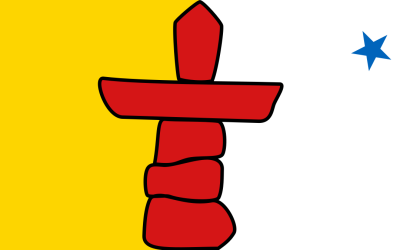There were some in Quebec who were thrilled last week when the new Parti Québécois government suggested it would ban the development of the province’s shale gas resources.
While this seems to be just another story of a province deciding for or against a development opportunity, a shale gas ban might have larger consequences down the road.
The PQ may have just opened the equalization program’s version of Pandora’s Box.
British Columbia, Alberta and Saskatchewan are all pushing ahead with shale gas development using hydraulic fracturing, or fracking. Newfoundland and Labrador, the only other have-province in Canada, has also green-lighted exploration for shale gas.
Some of the revenue generated from shale gas development in these four provinces will be channelled to Quebec via the equalization program to pay for its public services.
The question starting to percolate in the have-provinces is straightforward. Should provinces not willing to develop their non-renewable natural resources profit from the depletion of non-renewable natural resource development in other provinces?
Put another way, should equalization payments be reduced by the amount a province could have expected to generate if it had developed the non-renewable resource in an orderly fashion?
This isn’t just an academic argument. You expand the idea that provincial governments could cut out all industrial activity – forestry, mining, oil and gas, etc. – and then wait for the royalties and taxes from resource development in other provinces to roll it.
I suspect the people who crafted the Constitution, and its provision to ensure that all Canadians have access to comparable public services, didn’t envision a world where provinces would deliberately deny substantial economic development opportunities. They assumed all provinces would diligently work at economic development and those that fell short would receive equalization from the federal government.
I realize shale gas is not just any other development opportunity. Some studies have suggested that hydraulic fracturing technology can cause small tremors, although the most recent data out of the United States suggest this is rare. There are also concerns about the disposal of water used in the process.
No jurisdiction should be compelled or cajoled to implement any industrial development that is deemed to have a substantial environmental risk, but it becomes complicated when the jurisdictions using that argument are in the minority.
Of course, Quebec is in a special situation. The Parti Québécois is committed to taking the province out of Confederation. If its decision to ban development of oil and gas resources stirs up resentment in other provinces and calls for changing the equalization program, such a policy could end up furthering their cause.
This challenge will not be isolated to Quebec. New Brunswick and Nova Scotia both have considerable shale gas deposits, and also considerable opposition to developing the resource.


